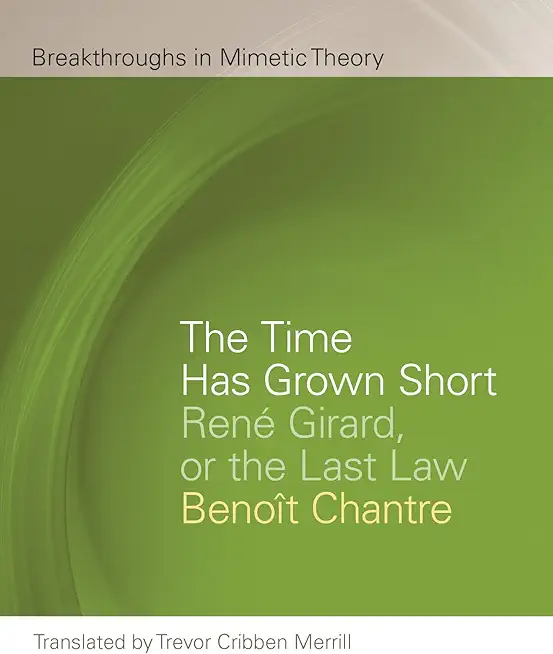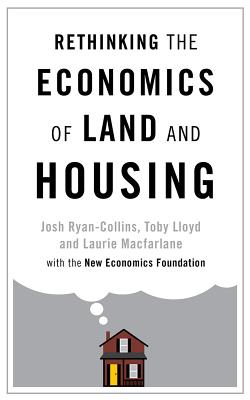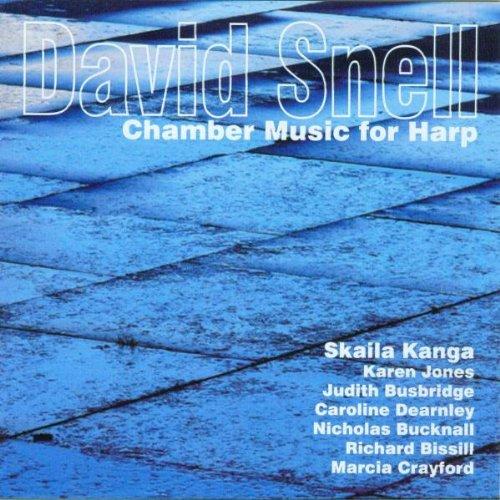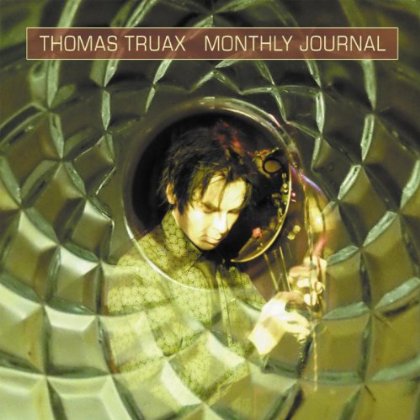
description
3The protagonist of Marcel Proust's In Search of Lost Time observes with wonder the comings and goings of the crows that roost in the belfry of the village church in Combray, his childhood home. For René Girard, one of Proust's great interpreters, their mysterious flight, first departing from and then returning to the vertical axis of the steeple, suggests the movement of modern history--the crisis of aristocratic models, the growing servitude of individuals possessed by mimetic desire, and the final irruption of authentic transcendence. In this rich exploration of Girard's insights, his French editor and longtime collaborator Benoît Chantre brings Saint Paul's Letter to the Romans into dialogue with both Proust and Girard in order to push to its logical endpoint the idea of a back-and-forth movement from chaos to order. History, Chantre argues, has been driven mad by the revelation of its sacrificial engine. The only way out lies in a transformation internal to the crisis itself--only that faith which is capable of hearing the One who speaks in the Law makes it possible to avoid the perpetual ups and downs of rivalry. Acting and revealing Himself at the heart of history, an intimate model "hidden since the foundation of the world" deals a fatal blow to the circle of sin. Authentic transcendence coincides with the eschaton, the moment when--according to Saint Paul--historical time implodes into eternity.
member goods
No member items were found under this heading.
Return Policy
All sales are final
Shipping
No special shipping considerations available.
Shipping fees determined at checkout.







